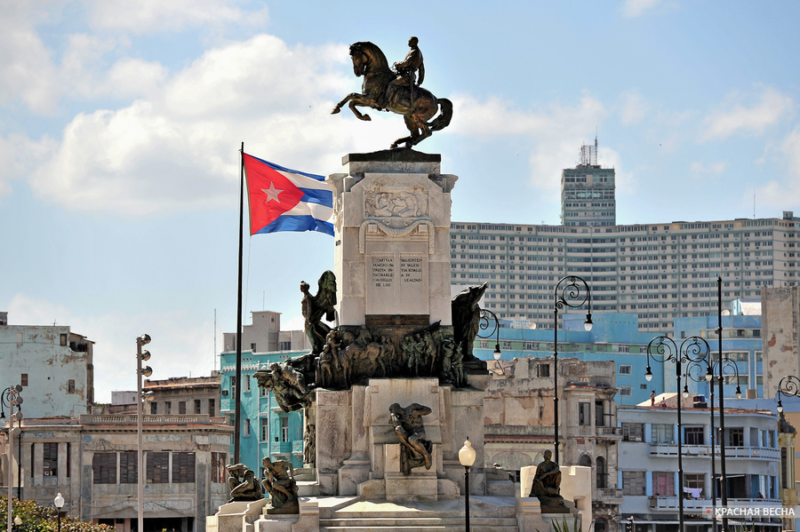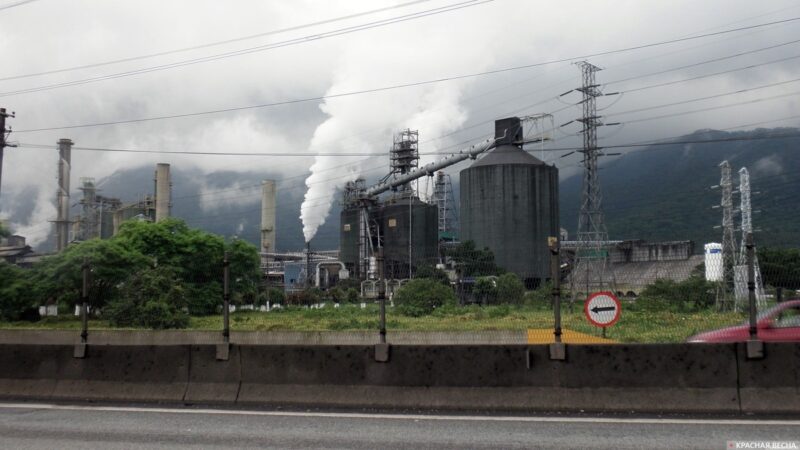22.05.2024, Rio de Janeiro.
Following the United States and Europe, Latin American countries imposed tariffs on Chinese steel. The move indicates a cooling of their previously warm trade relations with China, The Rio Times reported on May 21.
The restrictive measures are in response to a surge in Chinese steel production, which has risen from 80,500 tons in 2000 to nearly 10 million tons a year at a cost of about $8.5 billion.
Mexico, Chile, and Brazil have significantly increased tariffs to the point of doubling them, and Colombia is considering similar steps.
The tariffs are aimed at protecting local industry from the competitive threat of low-cost Chinese imports that jeopardize more than 1.4 million jobs in the region, the newspaper explains. The situation itself tests the strength of economic ties between Latin America and China.
Despite China being the region’s main buyer of raw materials and a key investor, Latin America is taking a proactive stance. Despite potential economic threats to small, export-oriented economies that depend on Chinese demand, these countries are not backing down.
Brazil is implementing a tariff quota system to combat predatory pricing. Although it is not explicitly stated, this system targets the increase in Chinese steel shipments to Brazil, which totaled 62% last year.
The imposition of such tariffs is a challenge for Latin America, which is trying to reconcile its economic interests with the need to protect local industries, the publication said. Such an approach could change trade relations with China, in line with a global trend to question the effects of globalization and free trade.
Source: Rossa Primavera News Agency




